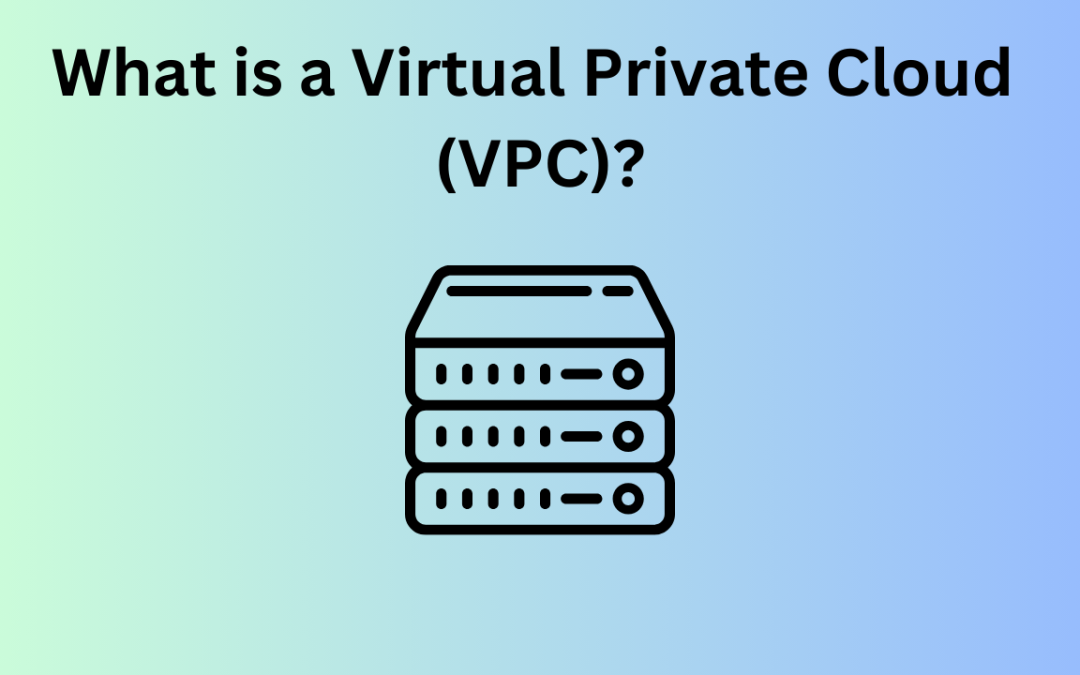What is a Virtual Private Cloud (VPC)? (F.A.Q)
How is a VPC different from a traditional private cloud?
A VPC is hosted within a public cloud provider’s infrastructure but offers logical isolation, while a private cloud is a completely separate infrastructure dedicated to one organization.
Can I connect my on-premises network to a VPC?
Yes, you can connect your on-premises data center to a VPC using VPNs or dedicated connections like AWS Direct Connect or Azure ExpressRoute.
What security measures can I use in a VPC?
You can implement security groups, network ACLs, VPN connections, firewalls, and private subnets to enhance security within a VPC.
Which cloud providers offer VPC services?
Major cloud providers like AWS, Google Cloud, and Microsoft Azure offer VPC services with varying features and pricing models.

